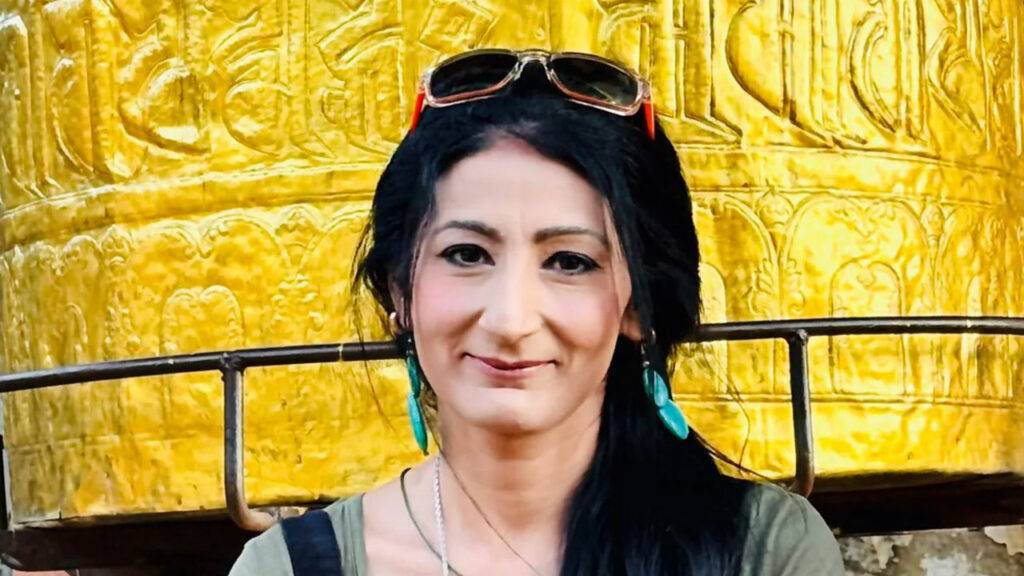In the realm of academia, the name Nitasha Kaul resonates with versatility. A British academic, writer, and poet based in London, Kaul’s contributions extend beyond the realms of fiction.
Her work delves into the intricacies of political economy, Bhutan, Kashmir, nationalism in India, and the dynamics of gender and identity. Let’s embark on a journey to unravel the life and work of this prolific individual.

Who is Nitasha Kaul?
Born in Gorakhpur, Uttar Pradesh, India, Nitasha Kaul was raised in Delhi to a Kashmiri Pandit family. Her formative years included schooling at St. Thomas School. The academic trail led her to England at the age of 21 in 1997.
After graduating in Economics from Sri Ram College of Commerce, she pursued her post-graduate studies at the University of Hull. Kaul went on to earn her doctorate in Economics and Philosophy from Hull in 2003, with a thesis titled “Interrogating the Subject-World of Economic Epistemology: Re-Imagining Theory and Difference.”
Kaul’s journey in academia has been marked by diverse roles. From serving as a Lecturer of Economics at the University of Bath and an Assistant Professor of Economics at the Bristol Business School (2002-2007), she transitioned to become an Associate Professor in Creative Writing at the Royal Thimphu College in Bhutan in 2010.
Currently, she holds the position of Associate Professor in Politics and International Relations at the University of Westminster. Her scholarly interests encompass feminist issues concerning Kashmiri women, the rise of muscular neo-liberal nationalism in India, and an analysis of right-wing politics in the country.
Professor Nitasha Kaul Denied Entry To India: A Harrowing Experience
Recently, Nitasha Kaul faced a distressing ordeal when she was denied entry into India. Invited by the Karnataka government to participate as a speaker in the ‘Constitution and National Unity Convention – 2024,’ organized on February 24 and 25.
Kaul’s journey took an unexpected turn at the Bengaluru airport. She was deported to London, and the incident has been described by her as “harrowing.”
According to reports from the Times of India, the entry denial was attributed to Kaul’s opinions on “democratic and constitutional values.”
In response, Kaul took to her social media account, stating, “Re all the lies, I am not married to a Pakistani, not a Muslim convert, not a pawn of China, not a puppet of the West, not a commie, not a jihadi, not Pak sympathizer, not a terrorist supporter, not anti-India, not part of a gang. I am what authoritarians fear – a thinking woman.”
The incident involving Nitasha Kaul has sparked discussions not only about the freedom of expression but also the challenges faced by intellectuals who hold dissenting views. Kaul’s deportation raises questions about the openness of democratic societies to diverse opinions and the implications of suppressing voices that challenge the status quo.
Conclusion
In unraveling the layers of Nitasha Kaul’s life and work, it becomes evident that her intellectual pursuits extend far beyond conventional boundaries. The recent episode of being denied entry into India serves as a stark reminder of the complexities surrounding freedom of expression.
As discussions unfold around Kaul’s harrowing experience, it prompts us to reflect on the importance of fostering an environment where diverse perspectives are not just tolerated but celebrated. Nitasha Kaul, undoubtedly, remains an influential figure whose journey continues to inspire and provoke thought.


